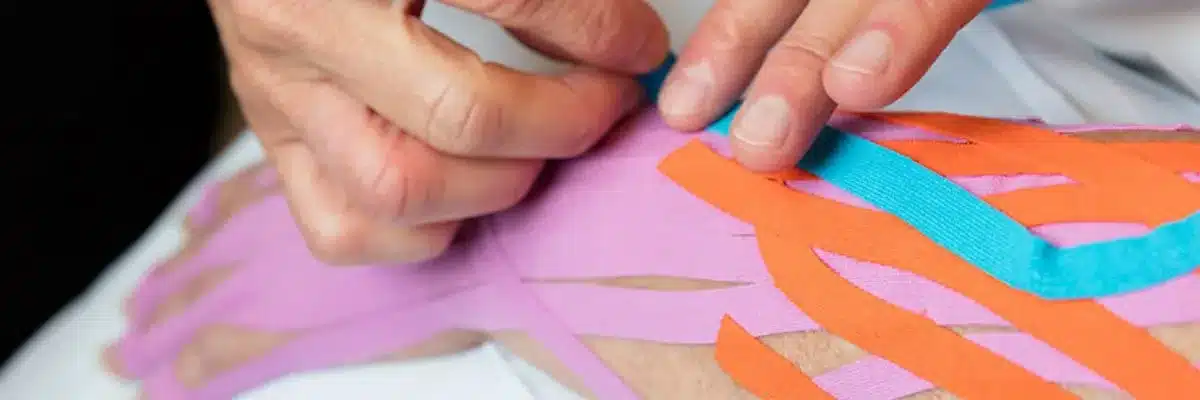Complete decongestive therapy
Lymphedema is chronic swelling that happens when the lymph nodes and/or lymphatic vessels are not moving the body’s fluid properly. Lymphedema is not curable, but very manageable .If you or someone you know has chronic edema, complete decongestive therapy, or CDT, can help.
CDT is the gold standard treatment for individuals with lymphatic dysfunction. CDT is a two-phase treatment program to address chronic edema and the decreased transport capacity of the lymphatic system. The goal of treatment is to decrease overall edema, pain and discomfort while maintaining these changes throughout an individual’s lifetime.
What is CDT?
CDT has four parts, including:
- Manual lymphatic drainage, or MLD – A light skin stretching technique that stimulates the lymphatic system.
- Compression – Short stretch compression bandaging and specially fitted compression garments that control swelling.
- Decongestive exercises – Special exercises that pump lymph out of swollen areas.
- Skin care – Proper cleansing and moisturizing to prevent infections.
CDT has two phases:
- Active phase – One-hour session three to four days per week. Individual treatment plans are based on need. The therapist performs MLD and compression bandaging until a reduction in edema is achieved.
- Maintenance phase – Garments are fitted. Training is conducted in self-care, exercises and self-MLD as needed for independence at home.
Lymphedema occurs as a result of damage to the lymph nodes or lymph vessels from various issues. Individuals with the following diagnoses would benefit from this treatment:
- Lymphedema as a result of cancer treatments.
- Primary lymphedema – individuals born with lymphatic dysfunction.
- Filariasis – parasitic disease that impacts the lymph system.
- Chronic Venous Insufficiency – Phlebolymphedema.
- Lipedema – Lipolymphedema.
- Chronic infections and wounds, episodes of cellulitis and subsequent recurrent hospitalizations.
- Chronic edema as a result of a history of traumatic injury and/or surgery.
- Chronic edema as a result of arthritis.
- Lymphedema from a history of diabetes and other medical comorbidities.
- Chronic edema from history of blood clots or vein related issues.
- Complex regional pain syndrome, or RSD – MLD for pain management.

